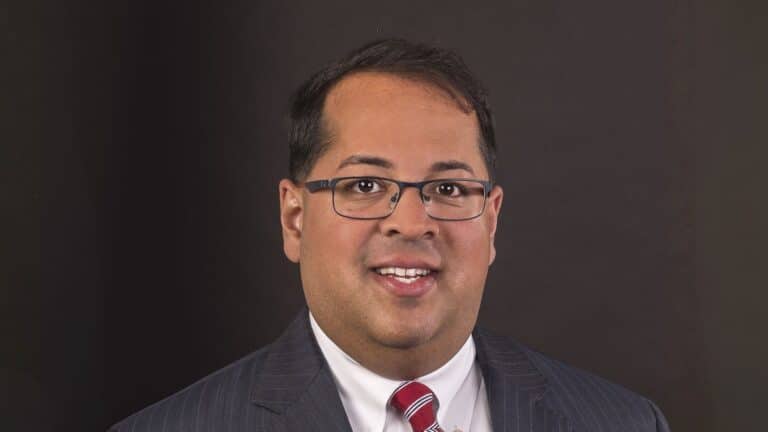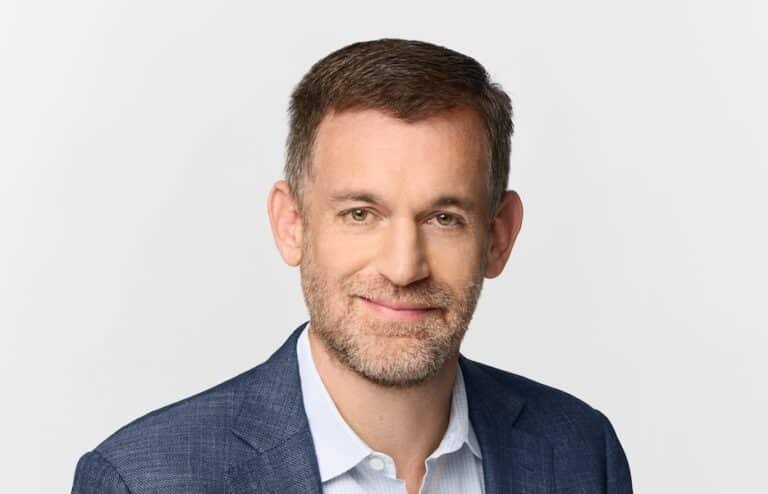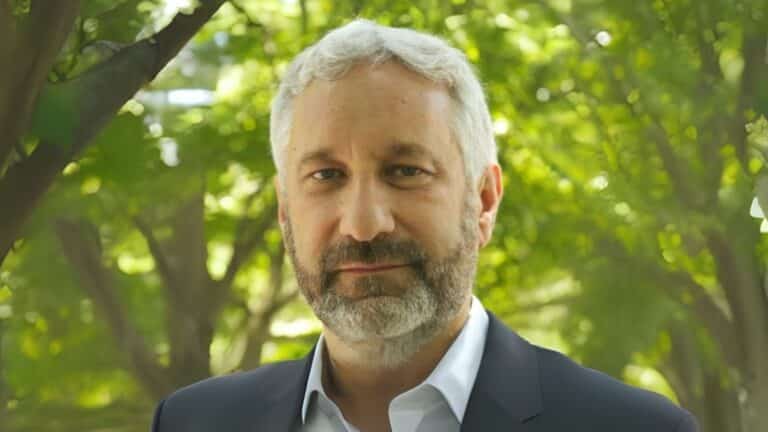‘Toothless’ sanctions
Why the world’s largest waste management company made a $3 billion bet on the US.
Current Access Level “I” – ID Only: CUID holders, alumni, and approved guests only
The Intergovernmental Panel on Climate Change recently produced a report showing that the world needs to cut carbon pollution far more quickly than current rates to avoid severe consequences. But how can the global community achieve its climate goals when the conversation around climate change is often hyper-polarized?
To discuss this question and other issues, on the latest episode of the Columbia Energy Exchange host Jason Bordoff sat down with Dr. Katharine Hayhoe, an atmospheric scientist, professor of political science, and director of the Climate Science Center at Texas Tech University. Dr. Hayhoe has been a recipient of numerous awards, including TIME’s 100 Most Influential People and Foreign Policy’s 100 Leading Global Thinkers.
Over the course of the conversation Jason and Dr. Hayhoe discussed how she merges her faith as an evangelical Christian and her scientific professional work, what needs to be done to win hearts and minds on the issue of climate change, and the role that renewables and policy can play in addressing this global challenge.
The Federal Energy Regulatory Commission (FERC) regulates the United States’ energy transmission, pipeline networks, and wholesale rates for electricity. For much of its history, FERC was a little-known...

Around the globe, and here in the United States, energy markets face huge uncertainties. They include everything from rising geopolitical tensions to a wave of new liquefied natural...

Elected officials face huge challenges when it comes to energy policymaking. They have very little time to learn complicated, nuanced issues. They're bombarded by information — some of...

The ten years since the Paris Agreement was signed at the UN Climate Change Conference, COP 21, have been the ten hottest years on record. And the outcome...

Last month, the Trump administration imposed fresh sanctions on Russia’s two largest oil companies, Rosneft and Lukoil, signaling a renewed desire to drive Moscow to the negotiating table in its war against Ukraine. But although these measures have the potential to harm the Russian economy, just how much damage they inflict will depend largely on one actor: Beijing. China bought almost half the oil Russia exported in 2024, evading Washington’s existing restrictions in the process. And new sanctions alone will do little to push China into significantly reducing its purchases.


Connecticut needs an honest debate, and fresh thinking, to shape a climate strategy fit for today, not 2022.

President Donald Trump’s impulsive, go-it-alone approach is uniquely ill-suited to the long-term and cross-cutting nature of the challenge that China poses.
